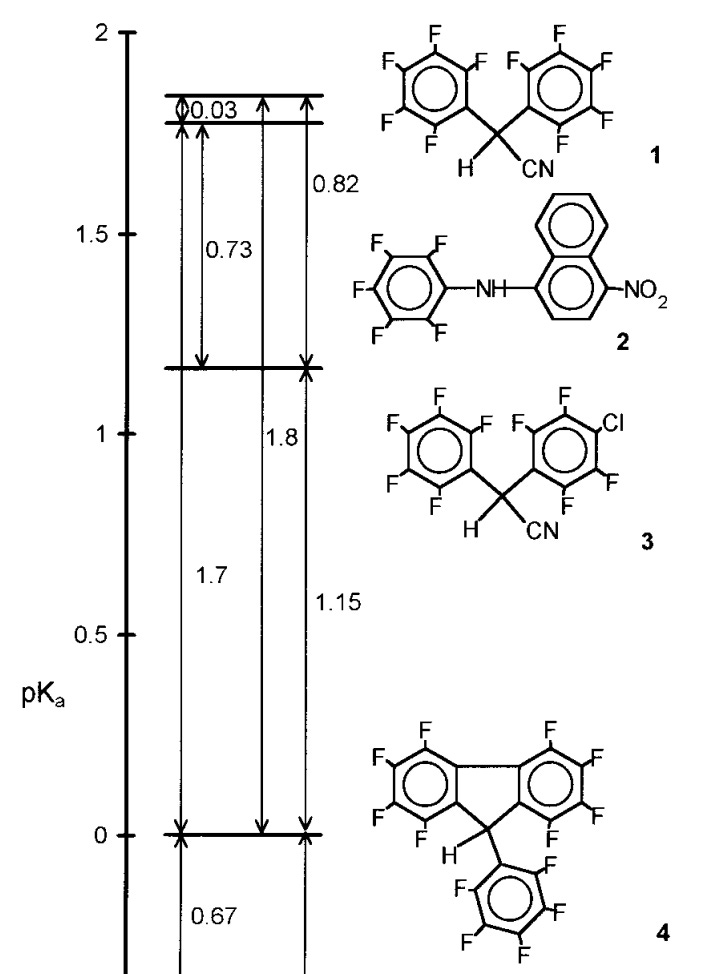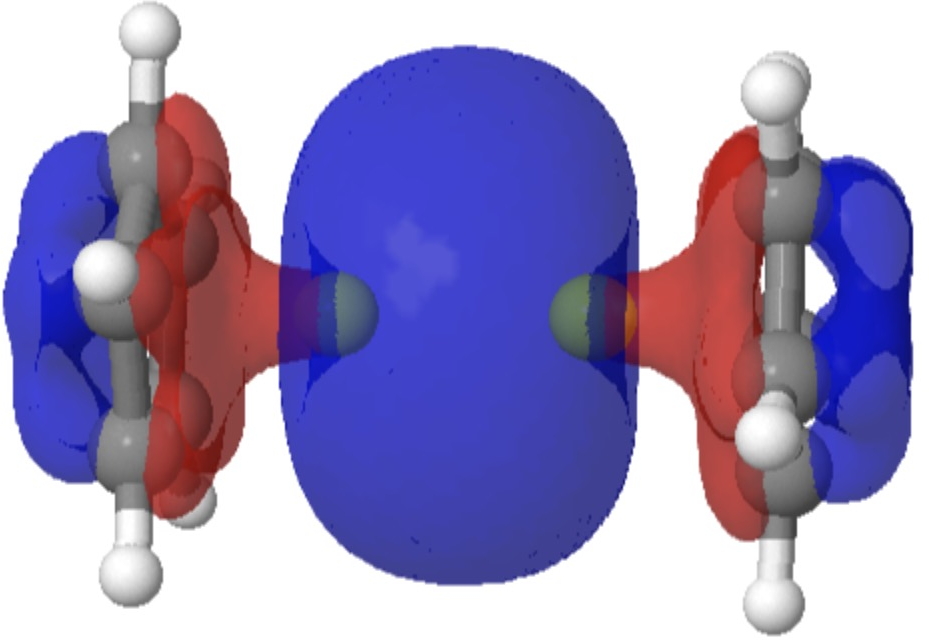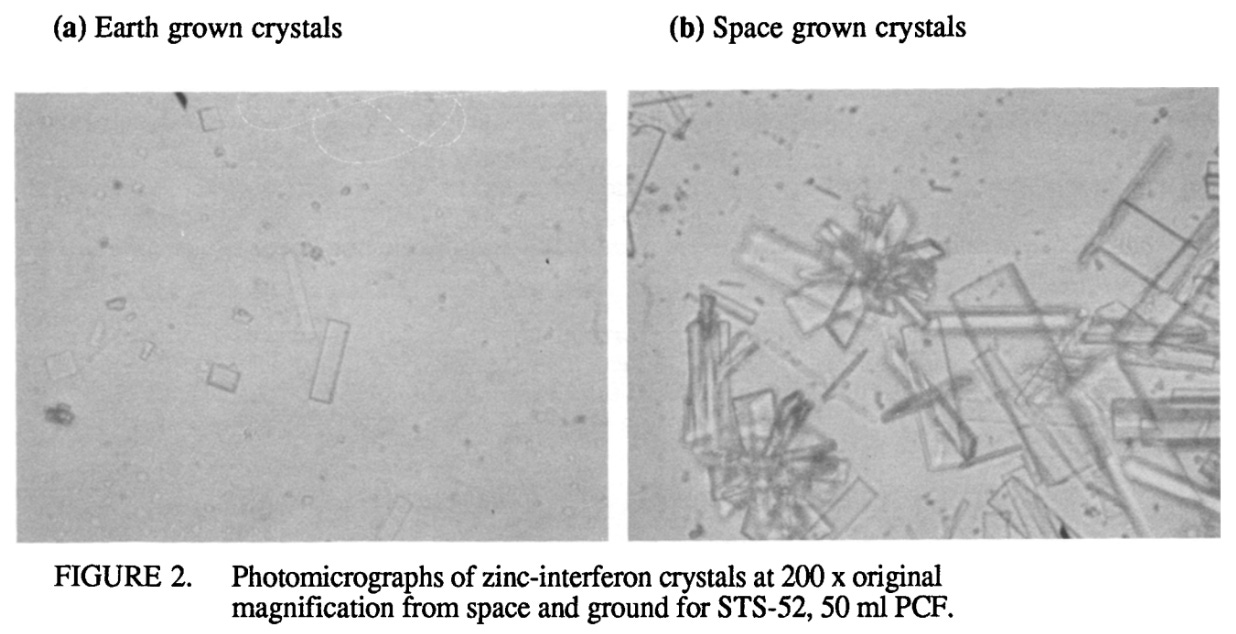I have variously talked about persistent identifiers on this blog. These largely take the form of DOIs (Digital object identifiers), and here they relate to either journal articles or datasets associated with either the article or the blog post or both. Other disciplines, particularly the earth sciences, have long used persistent identifiers (PIDs) to identify physical objects rather than digital ones.
Rogue Scholar Beiträge

The concept of p K a is introduced so early in the organic chemistry curriculum that it’s easy to overlook what a remarkable idea it is. Briefly, for the non-chemists reading this: p K* a is defined as the negative base-10 logarithm of the acidity constant of a given acid H–A:* p K a := -log 10 ([HA]/[A-][H+]) Unlike pH, which describes the acidity of a bulk solution,

You are a scientist, not a lab monkey. You ought not to view your degree as “six years of hard labor in the chemistry mines.” Always make time to go to interesting seminars, talk with other people about their research, and read the literature. Otherwise, what’s the point of being a scientist? Only one person is really looking out for your best interests: you.
I’ve been pretty critical of peer review in the past, arguing that it doesn’t accomplish much, contributes to status quo bias, etc. But a few recent experiences remind me of the value that peer review provides: in today’s scientific culture, peer review is essentially the only time that scientists get honest and unbiased feedback on their work. How can this be true?

I first encountered organic chemistry on Wikipedia, my freshman year of high school. The complexity and arcanity of the field instantly attracted me: here was something interesting that I didn’t know about and which didn’t require years of mathematical training to approach (unlike most of physics). I soon started reading about organic chemistry more and more, albeit with no rhyme or reason to my study.
I started this blog one year ago today, with a post on site-selective glycosylation. According to Google Analytics, there have been 24,035 views since then. What have the top posts been?

Sometimes, the properties of a molecule are predicted long before it is synthesised. One such is diberyllocene. I first encountered a related molecule, beryllocene itself, many moons ago.[cite]10.1021/ja00471a020[/cite] This was unusual because unlike the original metallocenes, the metal atom was not symmetrically disposed between the two cyclopentadienyl faces.

Not Boring recently published a panegyric about Varda, a startup that’s trying to create “space factories making drugs in orbit.” When I first read this description, alarm bells went off in my head—why would anyone try to make drugs in space? Nevertheless, there’s more to this idea than I initially thought.
This is a venerable organic reaction, which curiously I have not previously covered here. First described in 1859, its nature was only properly elucidated in 1873. It is a member of a class of reaction I have previously named “solvolytically assisted pericyclic”, or “perisolvolytic“. Here I explore some of the subtle stereoelectronic effects observed for this apparently simple reaction. It applies to a class of molecule known as 1,2-diols.
(with apologies to Maimonides and Nozick) Screening on only one substrate before assessing the substrate scope. This is the “ordinary means” in methods development. Screening on one substrate, but choosing a substrate that worked poorly in a previous study (e.g.). This can be thought of as serial multi-substrate screening, where each substrate is a separate project, but the body of work achieves greater generality over time.